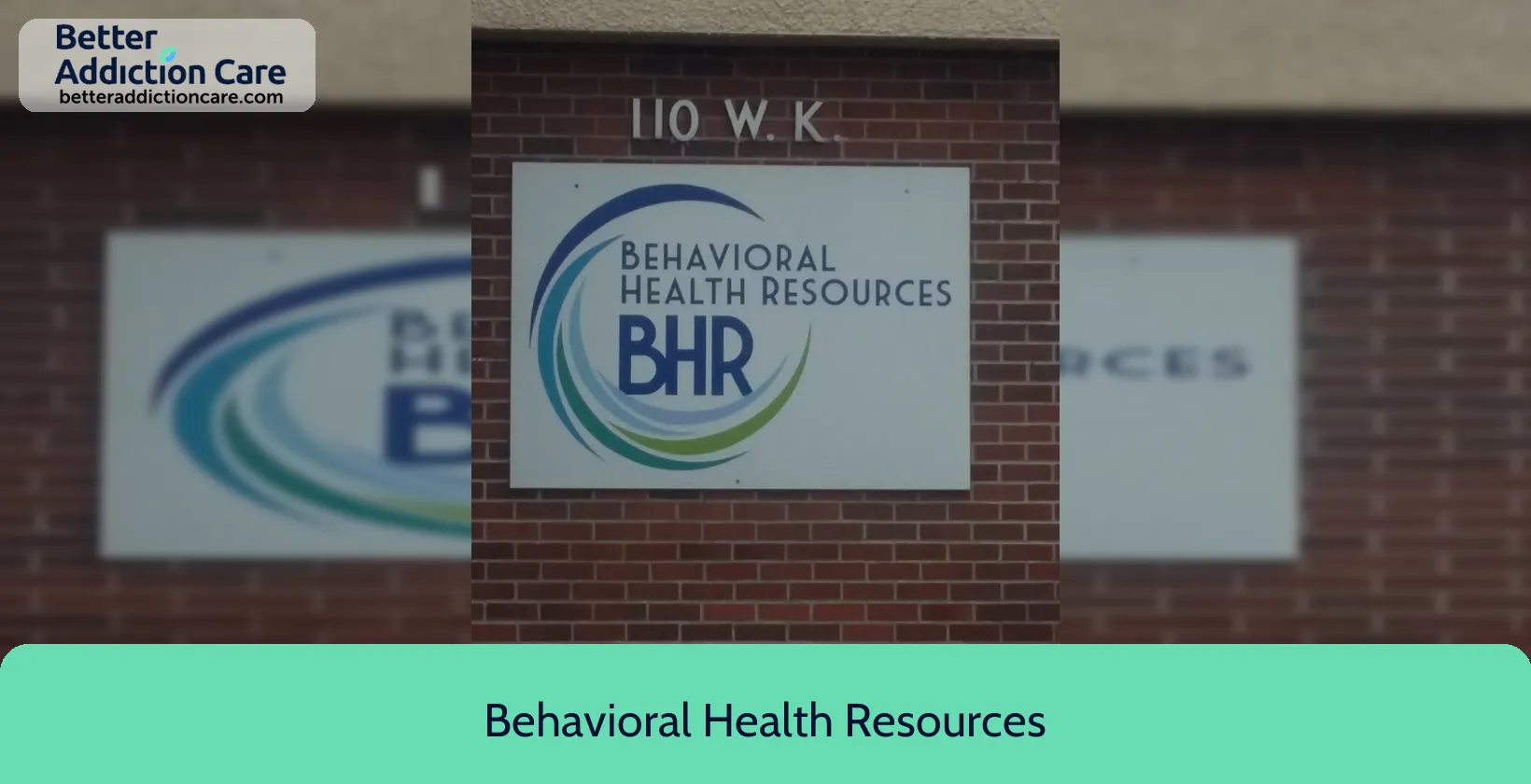Squaxin Island Tribe Behavioral Health - Outpatient Program

Overview
Squaxin Island Tribe Behavioral Health - Outpatient Program is a substance abuse treatment center for people seeking treatment near Mason County. As part of their treatment modalities for recovery, Squaxin Island Tribe Behavioral Health - Outpatient Program provides cognitive behavioral therapy, telemedicine/telehealth therapy, and substance use disorder counseling during treatment. Squaxin Island Tribe Behavioral Health - Outpatient Program is located in Shelton, Washington, accepting medicaid for treatment.
Squaxin Island Tribe Behavioral Health - Outpatient Program at a Glance
Payment Options
- Medicaid
- State-financed health insurance plan other than Medicaid
- Private health insurance
- Federal military insurance (e.g., TRICARE)
- IHS/Tribal/Urban (ITU) funds
Assessments
- Screening for mental disorders
- Screening for substance use
- Comprehensive mental health assessment
- Comprehensive substance use assessment
Age Groups
- Children/adolescents
- Seniors
Ancillary Services
- Mental health services
Highlights About Squaxin Island Tribe Behavioral Health - Outpatient Program
6.88/10
With an overall rating of 6.88/10, this facility has following balanced range of services. Alcohol Rehabilitation: 8.00/10, Drug Rehab and Detox: 6.00/10, Insurance and Payments: 6.53/10, Treatment Options: 6.97/10.-
Alcohol Rehabilitation 8.00
-
Treatment Options 6.97
-
Insurance and Payments 6.53
-
Drug Rehab and Detox 6.00
Accreditations
State mental health department:
State mental health department accreditation refers to the process of evaluating and certifying the quality and standards of a state's mental health department, ensuring that it provides high-quality services and meets specific criteria for mental health care. The accreditation process is performed by a third-party organization and helps to improve the overall care and treatment of individuals with mental health conditions.
State department of health:

Government agencies issue State Licenses, granting permission to rehabilitation organizations to conduct their business operations lawfully within specific geographic regions. Generally, the particular rehabilitation programs offered by a facility and its physical location dictate the necessary licenses needed for legal operation.
Federally Qualified Health Center:
Federally Qualified Health Center (FQHC) accreditation is a process of evaluation and recognition by the federal government for community health centers that provide comprehensive and accessible healthcare services to underserved populations. FQHC accreditation is essential for centers to receive federal funding and to ensure that they meet standards for quality, patient-centered care.
Treatment At Squaxin Island Tribe Behavioral Health - Outpatient Program
Treatment Conditions
- Mental health treatment
- Alcoholism
- Substance use treatment
- Co-occurring Disorders
Care Levels
- Outpatient
- Intensive outpatient treatment
- Regular outpatient treatment
- Aftercare
Treatment Modalities
- Cognitive behavioral therapy
- Telemedicine/telehealth therapy
- Substance use disorder counseling
- Group counseling
- Family counseling
Ancillary Services
Additional Services
- Pharmacotherapies administered during treatment
- Drug or alcohol urine screening
Get Help Now
Common Questions About Squaxin Island Tribe Behavioral Health - Outpatient Program
Contact Information
Other Facilities in Shelton

6.91

7.53

7.05
DISCLAIMER: The facility name, logo and brand are the property and registered trademarks of Behavioral Health Resources, and are being used for identification and informational purposes only. Use of these names, logos and brands shall not imply endorsement. BetterAddictionCare.com is not affiliated with or sponsored by Behavioral Health Resources.
